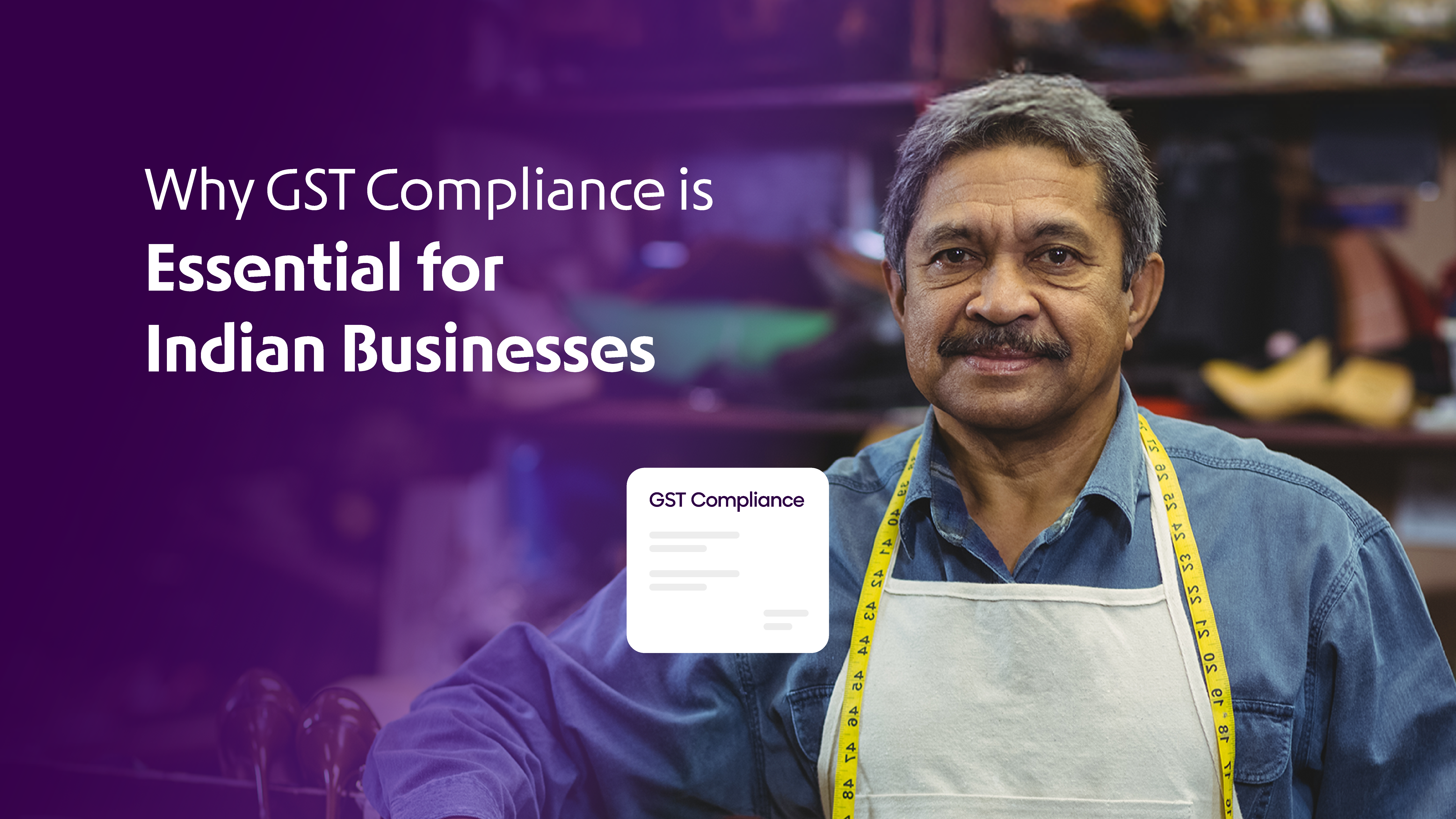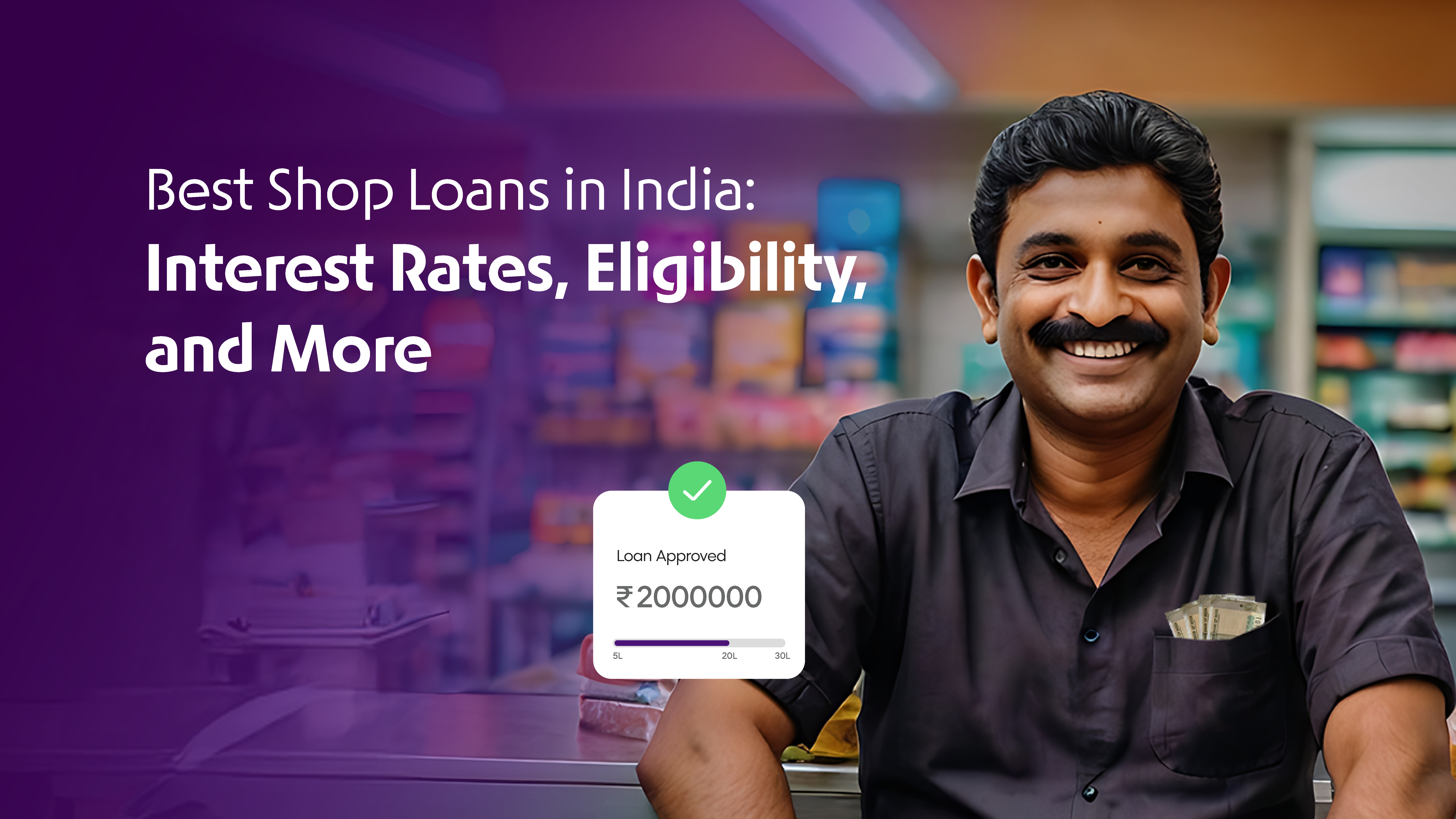Securing business loans can be challenging for MSMEs with poor credit history. Credit scores are important for loan applications, and a low credit score can lead to higher interest rates, smaller loan amounts, or even rejection. However, there are ways to improve credit scores and alternative financing options to help businesses get the money they need.
Understanding Credit Scores and Their Importance
A credit score is a three-digit number representing an individual’s or a business’s creditworthiness. In India, the score typically ranges from 300 to 900, with a good score over 700.
Credit scores play a crucial role in the financial world. They indicate a person’s or a business’s creditworthiness. A high credit score means a solid financial history and responsible credit management, making securing loans and other forms of credit easier.
On the other hand, a low credit score can indicate financial instability and make it hard to get funds. Knowing credit scores is important for MSMEs because they significantly affect their ability to secure business loans and other funds needed for growth and long-term success.
Challenges of Poor Credit History for Loan Applications
Businesses with poor credit history face major challenges when applying for loans. Lenders hesitate to lend to those with missed payments or high debt levels, viewing these as signs of financial instability. The main challenges include:
- Higher Interest Rates:
Lenders may consider low-credit applicants as high-risk, leading to higher interest rates on approved loans.
- Limited Loan Amounts:
A poor credit history can limit how much money a business can borrow, limiting its ability to get funding for major projects.
- Strict Repayment Terms:
Lenders may impose stricter repayment terms, making it harder for businesses to manage their finances.
- Rejection of Loan Applications:
The biggest challenge is the immediate rejection of loan applications due to identified risks.
These challenges can significantly limit a business’s growth and operational capabilities, making it important to address poor credit history.
Strategies to Improve Credit Scores
Improving credit scores is essential for businesses looking to get better financing. Here are some strategies MSMEs can use:
- Timely Payments:
Ensuring all bills, loans, and credit card payments are timely is essential for improving credit scores.
- Reducing Debt:
Paying down existing debt helps lower the credit utilization ratio, positively impacting credit scores.
- Regular Credit Monitoring:
Checking credit reports and scores regularly helps businesses spot and fix errors quickly.
- Building Positive Credit History:
Opening new lines of credit and managing them responsibly can help build a stronger credit history over time.
Alternative Financing Options for MSMEs
In 2019, around 43% of small businesses applied for loans, but this dropped to 37% in 2020 and 34% in 2021. The decline in traditional financing is still being determined, but it suggests that small businesses are turning to alternative options like crowdfunding, peer-to-peer lending, and fintech platforms.
For MSMEs struggling with poor credit history, several alternative financing options can provide much-needed financial support:
> Digital Lending Platforms:
These online services provide quick and easy loans, using digital data to evaluate creditworthiness. They often have faster approval times than traditional banks.
> Crowdfunding:
This method allows businesses to raise small amounts of money from many people, usually through the Internet. It’s a great way to gather funds without taking on debt.
> Invoice Financing:
Businesses can get immediate cash by selling unpaid invoices as collateral to a lender at a discount. This helps maintain cash flow while waiting for customers to pay.
> Line of Credit:
This flexible financing option allows businesses to borrow up to a specific limit as needed, paying interest only on the amount borrowed.
> Peer-to-Peer Lending:
This connects businesses directly with individual investors through an online platform, often offering more flexible terms than traditional banks.
> Term Loans:
Businesses can borrow a large amount of money in advance from a financial institution and repay it with interest over a fixed period. These loans are ideal for significant one-time investments or expenses.
How Open Capital helps MSMEs:
Securing a loan is essential for small and medium-sized enterprises (MSMEs) starting or expanding their businesses. Open Capital’s online MSME loan provides quick access to funds and serves as a valuable financial resource for small businesses in India.
Open Capital offers term loans up to 30 lakhs without requiring collateral, providing several benefits:
- Easy Application: You can apply for a loan online with minimal paperwork, saving time for busy entrepreneurs.
- Flexible Repayment: They understand business cash flows vary and offer flexible repayment options that align with your financial capacity.
- Customized Loan Amount: Depending on your business needs, you can select a loan amount within the specified range, ensuring you have the funds necessary for growth.
Getting business loans with a poor credit history is challenging but achievable. By recognizing the significance of credit scores, addressing the challenges, and using methods to boost credit, MSMEs can improve their chances of getting the funds required for their businesses.
Apply now on Open Capital and get an MSME business loan of up to 30 lakhs with affordable interest rates!
Stay tuned for more insightful content on business loans, and follow us on social media for regular updates! YouTube | Instagram



